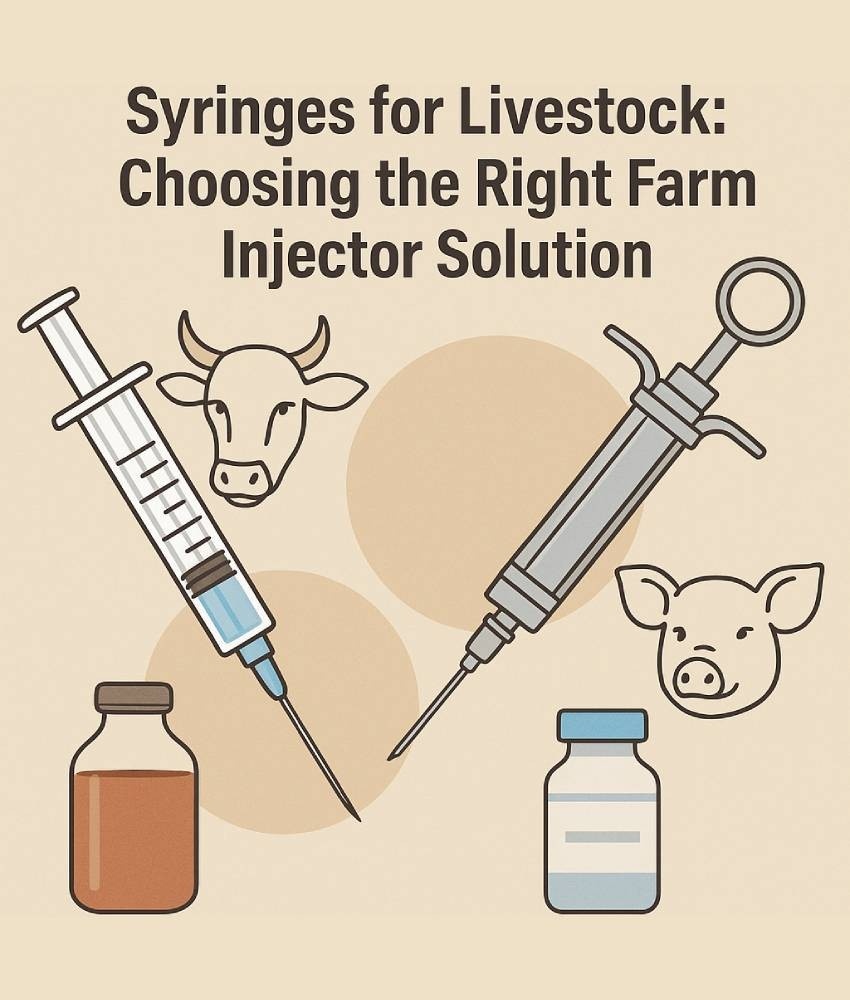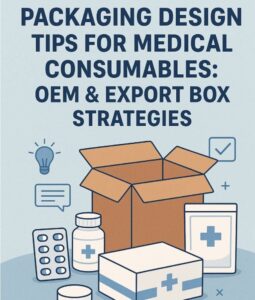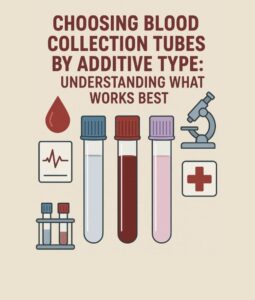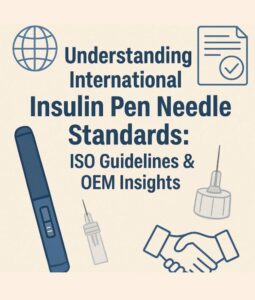Introduction to Livestock Injection Equipment
In modern veterinary medicine and animal husbandry, choosing the right injection tool is crucial for productivity, animal health, and cost control. Farmers and livestock managers must now decide between traditional reusable syringes systems and more hygienic, modern disposable animal injector solutions. With a growing range of farm syringe options available, understanding the pros and cons of each can help streamline operations while maintaining animal welfare and farm biosecurity.
Whether administering antibiotics, vaccines, vitamins, or hormones, injection delivery needs to be accurate, efficient, and safe for both the animal and the operator. In this article, we explore how medical buyers can successfully work with an extension set manufacturer to develop, test, and bulk-order IV extension tubing and other custom extension line assemblies that meet their exact specifications. Know more..
What is a Reusable Livestock Syringe?
Common Types and Materials Used
A reusable livestock syringe is typically made from high-grade metal, glass, or autoclavable plastic components. These syringes are built for durability and designed to be used repeatedly after thorough cleaning and sterilization.
Types include:
- Metal-body syringes with adjustable doses
- Glass barrel syringes with high visibility
- Spring-loaded self-filling syringes for large herds
Benefits of Reusability in Veterinary Practice
- Cost-effective for high-volume farms
- Customizable dosing mechanisms
- Less waste generated compared to disposables
- Long lifespan when properly maintained
However, these syringes require sterilization between uses to prevent disease transmission—a process that can be time-consuming and labor-intensive.
Understanding Disposable Animal Injector Systems
Single-Use Benefits for Biosecurity
A disposable animal injector is a pre-sterilized, single-use syringe designed for immediate use and disposal. It’s especially effective in high-risk environments where biosecurity is paramount, such as during vaccinations or disease outbreaks.
Advantages include:
- Sterility guaranteed
- No need for disinfection
- Reduces cross-contamination risk
- Ideal for mobile veterinary units
Design and Use Cases for Disposable Injectors
- Fixed-dose models for mass vaccinations
- Luer-lock tip injectors for compatibility with various needles
- Color-coded barrels for quick dose recognition
Disposable injectors are typically used in poultry houses, pig farms, and during large-scale animal health campaigns.
Head-to-Head Comparison: Disposable vs. Reusable Syringes
| Feature | Reusable Livestock Syringe | Disposable Animal Injector |
| Initial Cost | High | Low |
| Cost Per Use | Low (if used multiple times) | Moderate |
| Sterility | Requires cleaning | Pre-sterilized |
| Reusability | 100+ cycles | Single-use only |
| Biosecurity | Moderate | High |
| Maintenance | Requires training/tools | None |
| Waste Impact | Lower | Higher |
| Convenience | More complex | Plug-and-play |
Farm Syringe Options by Livestock Type
Cattle, Swine, Poultry, and Equine Needs
Each animal group has different injection needs. Choosing the correct syringe ensures better outcomes.
- Cattle: Require durable syringes with strong pressure tolerance
- Swine: Use mass applicators and self-refilling models
- Poultry: Benefit from ultra-fine needles and light handheld disposables
- Horses: Often require high-accuracy dosing for sensitive treatments
Custom Dosing and Needle Compatibility
Farm syringe options now include:
- Adjustable dose dials
- Luer-lock and slip-tip connectors
- Ergonomic grips for large-hand use
Biosecurity and Cross-Contamination Risks
How Disposable Systems Reduce Outbreak Potential
Using a disposable animal injector eliminates the risk of pathogen transmission through contaminated equipment. This is particularly important in:
- Foot-and-mouth disease prevention
- PRRS (Porcine Reproductive and Respiratory Syndrome) control
- Avian flu containment
Disinfection Challenges with Reusable Models
Improper cleaning of a reusable livestock syringe can spread diseases within herds. Some bacteria survive standard rinsing and require chemical sterilization or autoclaving—processes that not all farms can implement consistently.
Environmental Impact and Waste Management
Sustainability of Disposable vs. Reusable Tools
- Disposable animal injectors create more plastic waste but reduce chemical waste from sterilization.
- Reusable syringes need water, detergents, and energy to clean—contributing to indirect environmental costs.
Recycling and Disposal Best Practices
- Collect used injectors in sharps containers
- Partner with veterinary waste management firms
- Explore biodegradable syringe materials from select suppliers
Training and Usability for Farm Staff
Ease of Use and Setup Time
- Disposable injectors: Require no setup; workers can be trained quickly
- Reusable syringes: Need calibration and assembly; staff must learn disinfection protocols
Reducing Human Error in Mass Treatments
Using color-coded, pre-measured farm syringe options reduces:
- Underdosing or overdosing
- Wrong medication delivery
- Cross-contamination from improper use
OEM and Bulk Supply Options for Animal Injectors
Choosing Reliable Syringe Manufacturers
When selecting suppliers:
- Check for ISO 13485 compliance
- Verify sterilization and material quality
- Request samples and batch test reports
Private Labeling and Custom Packaging
Many diabetic pen OEM and livestock syringe manufacturers offer:
- Custom labels with farm or distributor branding
- Multilingual instructions
- Color-coded packaging for different livestock
Regulatory Compliance in Veterinary Syringe Use
Guidelines by Country and Animal Health Authorities
In most countries, veterinary devices must meet:
- FDA (U.S.), EMA (EU), or MOA (various regions) rules
- Device classification (Class I/II)
- Proper labeling for veterinary use only
Labeling, Dosing Accuracy, and Storage
- Include expiry date and sterilization method
- Store in clean, dry conditions
- Ensure traceability for mass injections
Durability and Design Innovation Trends
New Technologies in Farm Syringes
- Automatic self-refilling mechanisms
- Digital dose tracking for herd monitoring
- Wearable syringe tools for mobile treatments
Smart Injectors and Automatic Dose Control
Some syringe models now feature:
- Digital counters
- Pressure-sensitive triggers
- Wireless data transfer to farm software
Cost-Benefit Analysis for Livestock Producers
Short-Term vs. Long-Term Return on Investment
| Factor | Reusable Syringe | Disposable Injector |
| Upfront Cost | Higher | Lower |
| Long-Term Savings | High (if maintained) | Lower |
| Outbreak Prevention | Medium | High |
| Training Costs | Higher | Lower |
Budgeting for Large-Scale Herd Use
- Small herds: Reusable syringes may be more economical
- Large-scale operations: Disposable injectors improve efficiency and reduce risk
FAQs: Livestock Syringe Selection & Safety
1. Are reusable syringes safe for all animals?
Yes, but they must be thoroughly cleaned and sterilized between uses to avoid disease spread.
2. What’s the biggest advantage of disposable animal injectors?
Sterility and convenience—ideal for fast-paced or high-risk environments.
3. Do disposable injectors fit standard veterinary needles?
Most come pre-attached or use Luer-lock systems compatible with common needles.
4. How do I dispose of used animal injectors?
Use certified sharps containers and follow veterinary waste disposal regulations in your region.
5. Can I order farm syringe options in bulk?
Yes. Many suppliers offer OEM options and bulk pricing for farms and vet clinics.
6. Which is better for vaccine campaigns—reusable or disposable?
Disposable injectors are safer and more efficient for mass animal vaccinations.
Conclusion
Choosing between a reusable livestock syringe and a disposable animal injector depends on your farm’s size, biosecurity needs, budget, and resource availability. While farm syringe options continue to evolve with smarter, safer designs, both syringe types have their place in modern veterinary care.
For daily use in small farms, reusable models offer long-term savings. In large-scale operations or during vaccination drives, disposable options ensure sterility, speed, and peace of mind. Whichever you choose, ensure it complies with safety regulations, is easy to use for staff, and delivers precise, reliable results for your animals.






